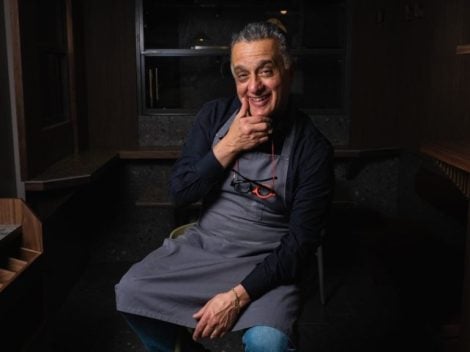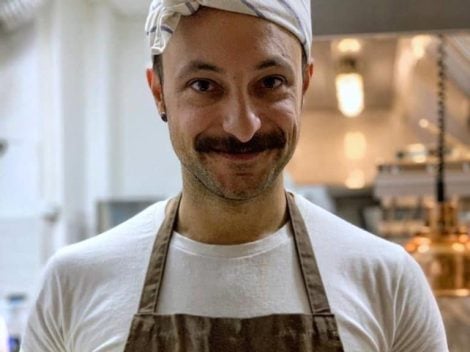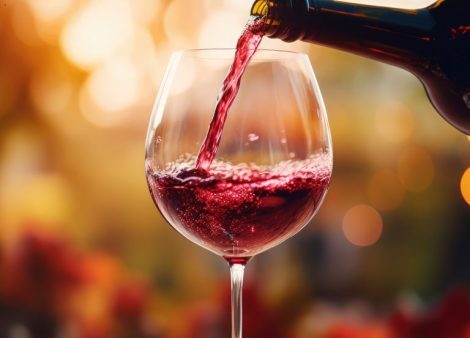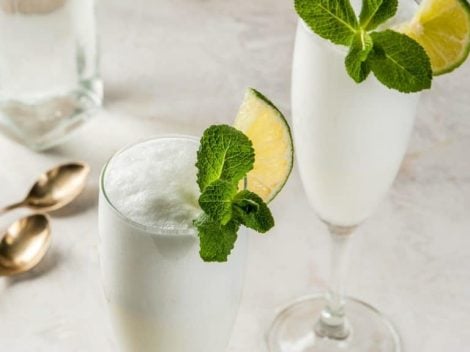In China, there are two Neapolitans, a Japanese, and an Irishman. It's not the beginning of a bar joke, but the structure of the managerial framework behind one of the most extraordinary success stories for Italian cuisine in China. Daniele and Paolo Salvo have pizza in their DNA, then there's David Connolly, an Irishman well-versed in communication, and a Japanese girl, Noriko Shinohara, handling the administrative side. They run five establishments between Beijing and Shanghai, the flagship being called Bottega. The success has been phenomenal, both critically—Tre Forchette in the Top Italian Restaurants—and publicly. Let's interview Daniele Salvo, the operation manager.
The interview: Daniele Salvo explains the reasons behind their success
In China for love or for work?
I arrived in Beijing with my brother Daniele in 2012 for consultancy. We were overseeing the pizza department of a group, then we saw the market, the enormous demand, and decided to start our own venture. In 2014, we opened the first Bottega, followed by the second at the end of 2016. The beginnings with Neapolitan pizza were not easy.
Did they reject it?
They weren't accustomed to the dough. We realised that we needed to explain what Naples is, what pizza is, how to eat it, what to drink with it, and what it represents. Educating in a light form. It took us some time to establish standards and maintain consistency without compromising on high hydration and quality products. We understood that atmosphere is fundamental, and communication is the key to success.
An example?
We write the menu in Italian but communicate it in Chinese, not literally translating. You can't translate the name of a dish into Chinese because it wouldn't make sense; the name needs to have meaning. And we had to create a sense of vibrancy and freshness. So, especially in Shanghai, we invested a lot in the bar and nightlife. On Fridays and Saturdays, we have a DJ, dimmed lights, people start moving, dancing, some even come after dinner. We invested heavily in the cellar, and our marketing is strong.
Is Bottega's offer the same in Shanghai and Beijing?
They are two different worlds; communication needs to be different, recipes are different, and we approach the customer differently. In Beijing, for example, people tend to consume saltier food compared to Shanghai, so we reduced the salt content by 5 grams per litre of water in our latest opening. Shanghai's cuisine leans toward sweetness. Bottega Shanghai sells more than 1500 Genovese per month: the slow-cooked beef and onions blend to give that sweet and sour taste they are familiar with, close to their culture.
How many covers do you serve?
In Shanghai, we serve around 10-11 thousand covers per month, in Beijing, approximately 8,000 per establishment, and we have four. Besides the two Bottegas, there's Forno, a Roman trattoria with pizza alla pala, which works well for delivery, remaining an important part of the turnover. People cook less at home.
What do Chinese people drink with pizza?
In Beijing, some still ask for hot tea or a cappuccino with their pizza, but things are changing. They definitely drink more beer than wine, and it's difficult to sell digestives. Shanghai is a different story; the customers are more international and knowledgeable. They arrive and order a cocktail, a spritz, or a glass of Franciacorta. Then they go down to our cellar, choose their bottle, and bring it to the table. We have 290 labels; 85% are Italian, followed by Burgundy, New Zealand, and South America. Some are very selective drinkers, for instance, preferring only malbec.
Do you have natural wines?
Natural wine has literally exploded in the last 3 years in Shanghai and is spreading throughout China. But the strongest trend remains in Shanghai, with many wine bars and distributions of exclusively natural wines. They are especially appreciated by younger people, while the older generation mostly drinks Bordeaux or Burgundy; the gap is clear. I have many on the menu, and in China, they are also producing many.
How are they?
There are good ones emerging, even though they come out of the cellars at significant prices, from 20 euros upwards to 80 ex-cellar. There's a lot of research; they are mostly macerated, unfiltered, some are extreme, but others more universal. Worth a try.
China pre and post-COVID, what has changed?
COVID has destroyed a lot, many closures. Fine dining is shattered, especially in Beijing, only a few places, mostly in hotels, are surviving but few people go there to eat. Simultaneously, the capital has been emptied of foreigners; many have returned, although lately, some are coming back. Shanghai is a different story; many establishments are opening. I see many examples of fusion cuisine, such as the bistro JaJa, Italian-Chinese cuisine, even with some special pastas, like lasagna with beef ragù and tofu.
Hmm, doesn't sound too good.
Yet, it's quite something. They offer original cuisine with a local touch. And in these small bistros, they sell a lot of wine.
How did you survive the pandemic?
During COVID, it was tough; delivery kept us afloat. Prices dropped, and we decided to invest by relaunching with the opening in Shanghai. We opened in the same week when China reopened its doors to the world, even though there was still a threat. It was madness, kilometres of queues, streets full, there was incredible enthusiasm, sheer joy. We were lucky.
The power of enogastronomic media in China?
It's essential to take care of the dianping page, the Chinese Tripadvisor, widely followed by everyone. Michelin took some time, but it has gained credibility here too. Then, there are many specialised magazines that are solely online. But the difference is made by food bloggers and influencers on TikTok. They often link the products they talk about in their videos to the store's page. I know several wine sellers who are achieving high numbers like this; the market is digital.
Future projects?
We will open another Bottega in Shanghai; there's space and demand. And we are looking at Shenzhen, which is experiencing exponential growth and has the youngest demographic in China. And we are monitoring Chengdu, the city of giant pandas.
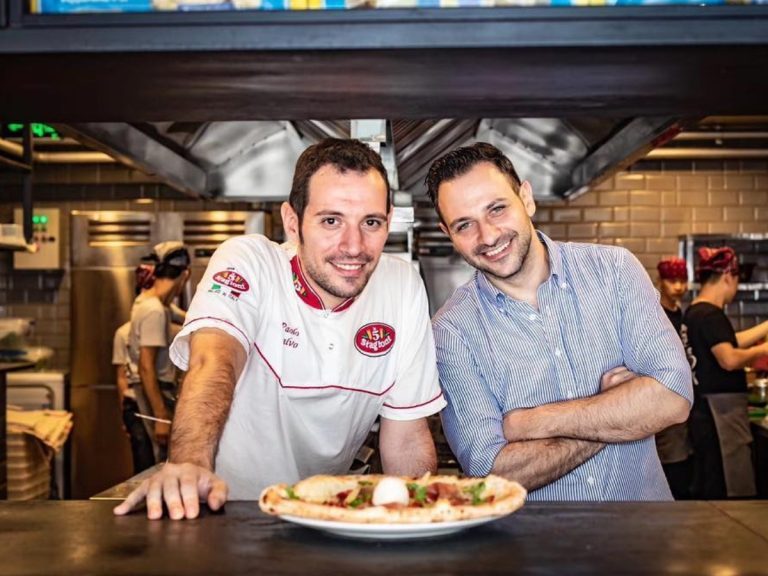
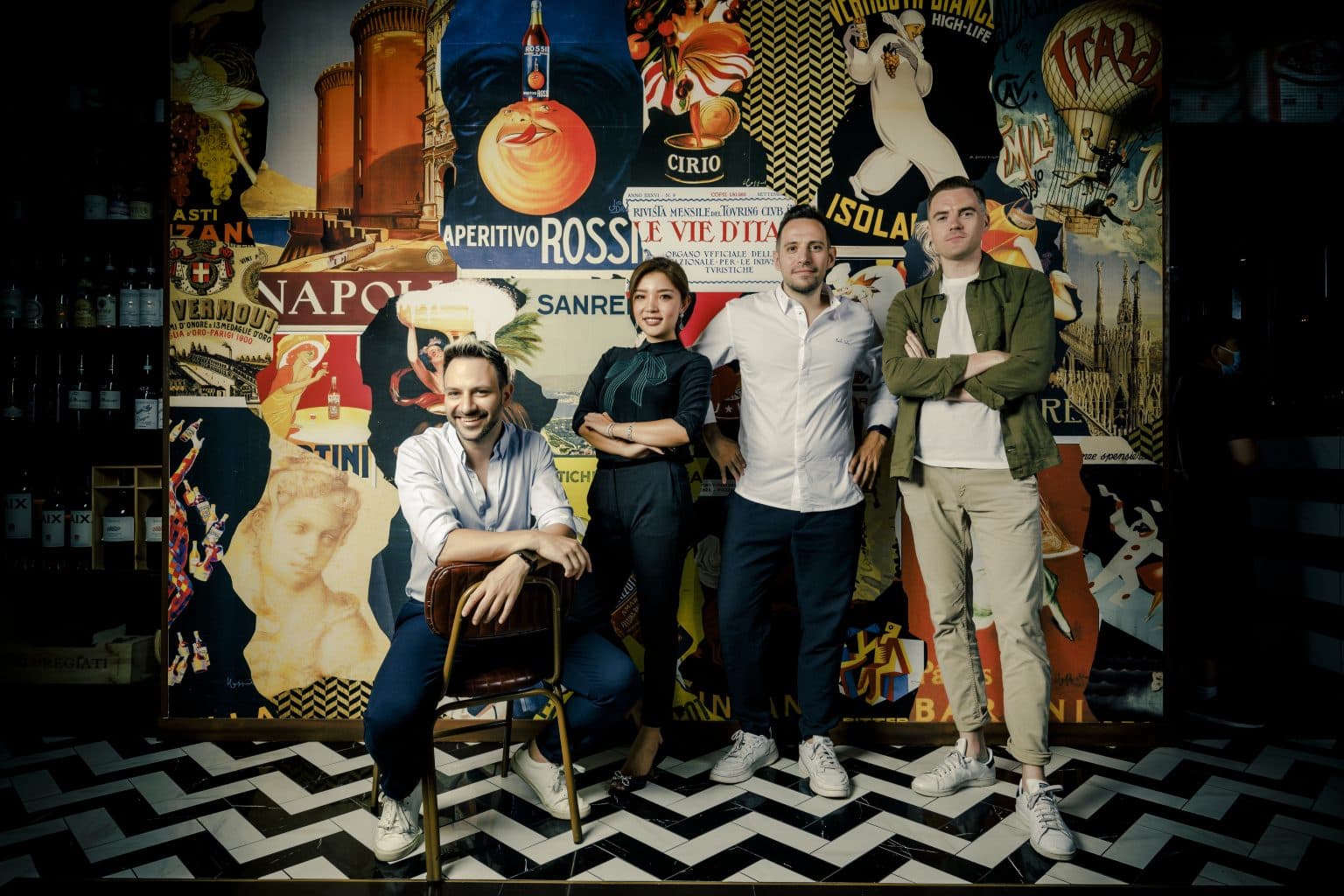
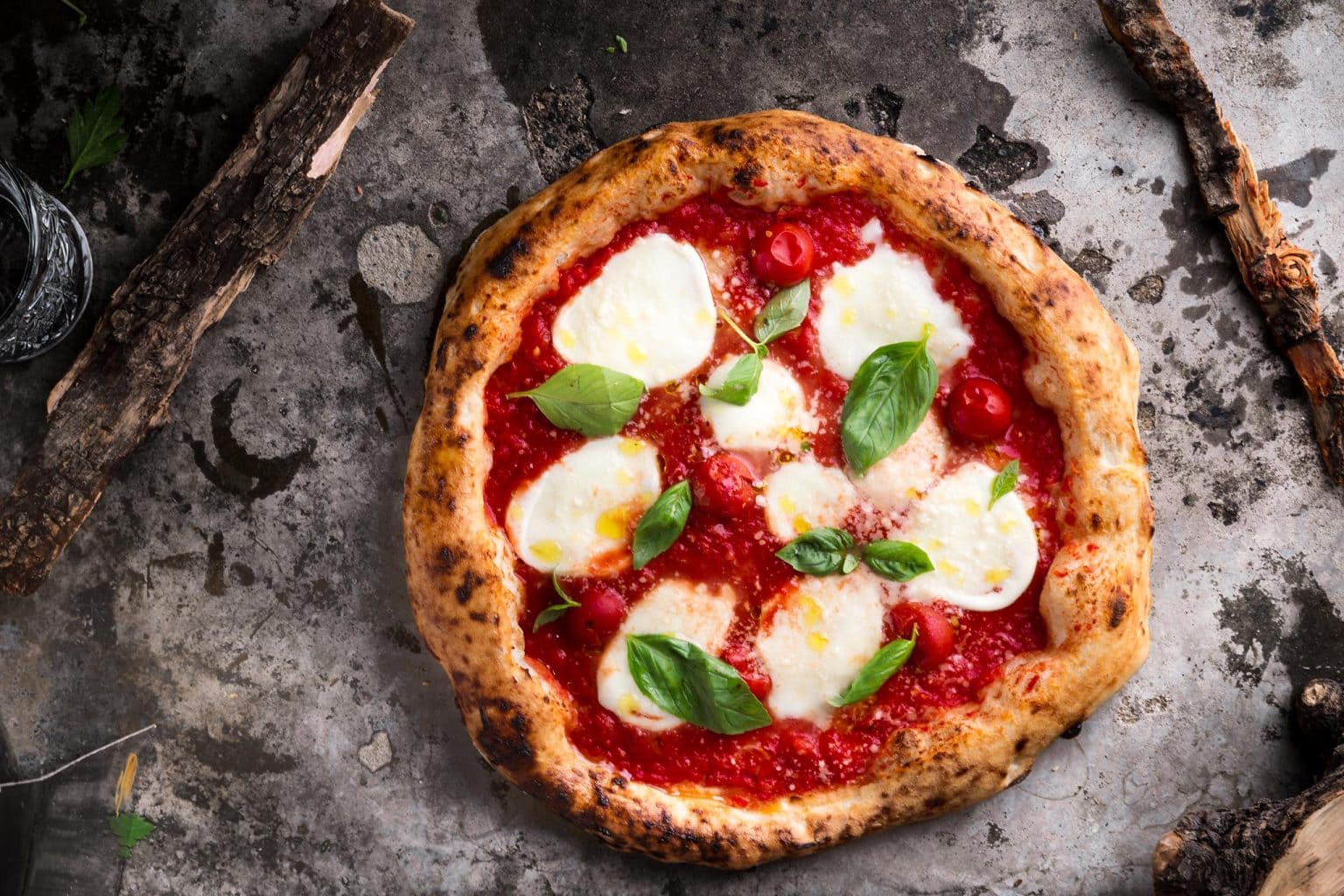
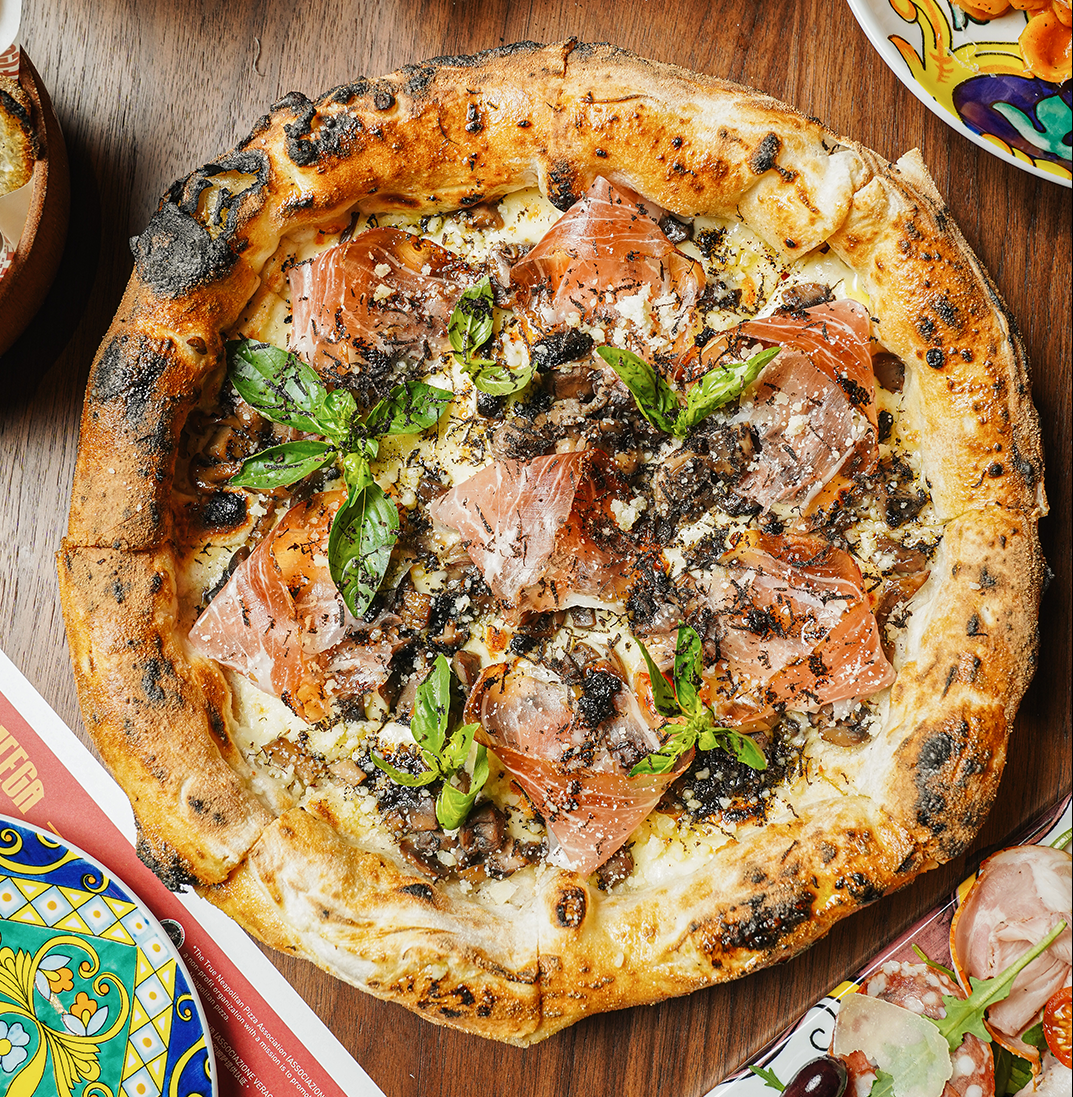
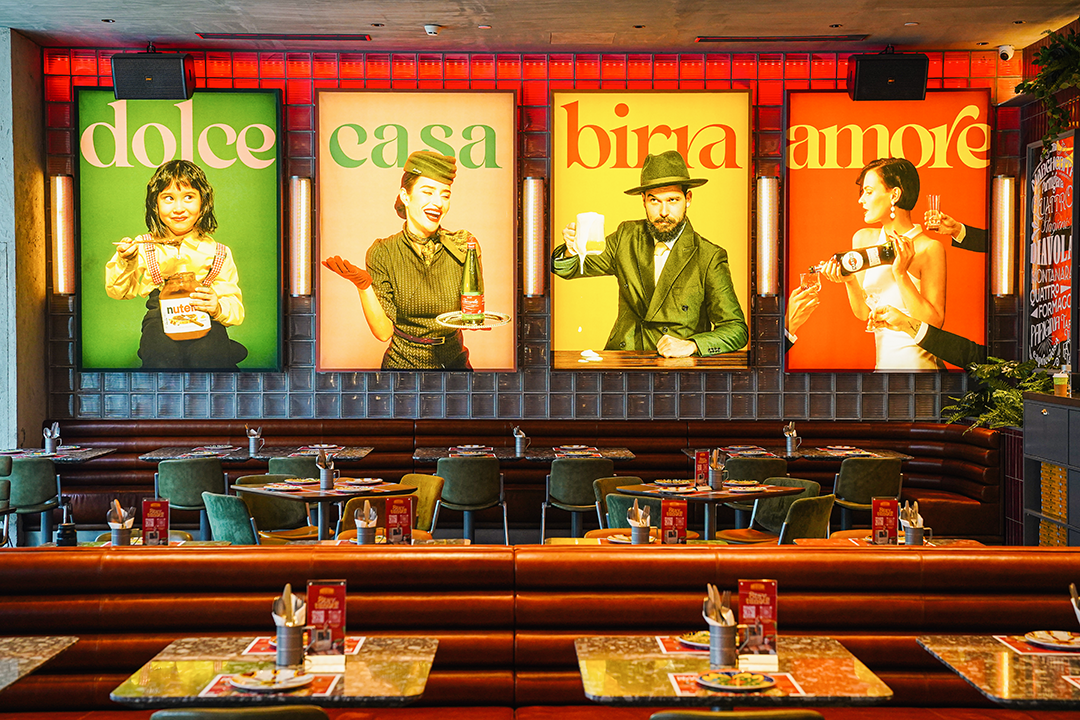

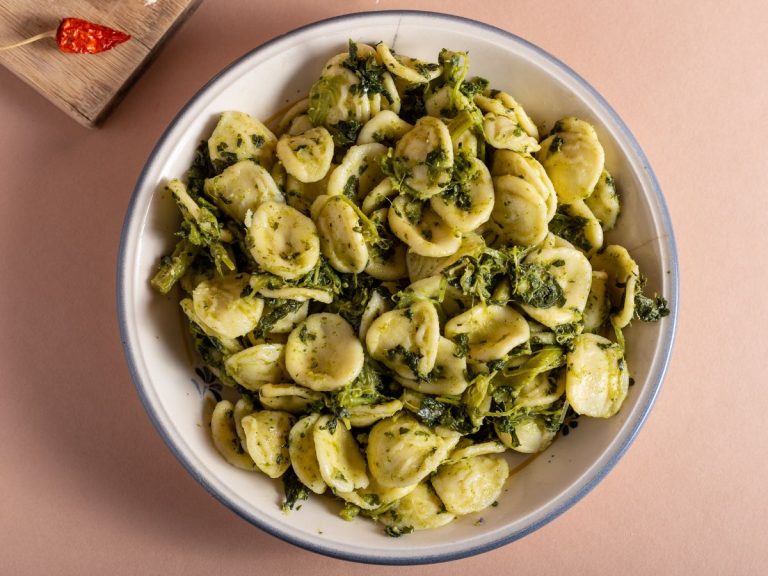 Where to eat Apulian cuisine in Milan. The ultimate guide
Where to eat Apulian cuisine in Milan. The ultimate guide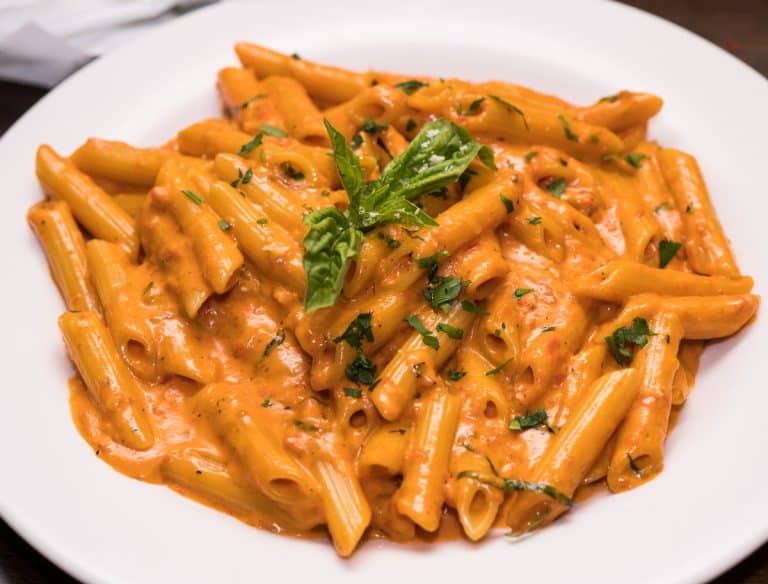 Forget Carbonara; the real Roman dish is Penne alla Vodka. Gambero Rosso's investigation unveils the origin of the recipe
Forget Carbonara; the real Roman dish is Penne alla Vodka. Gambero Rosso's investigation unveils the origin of the recipe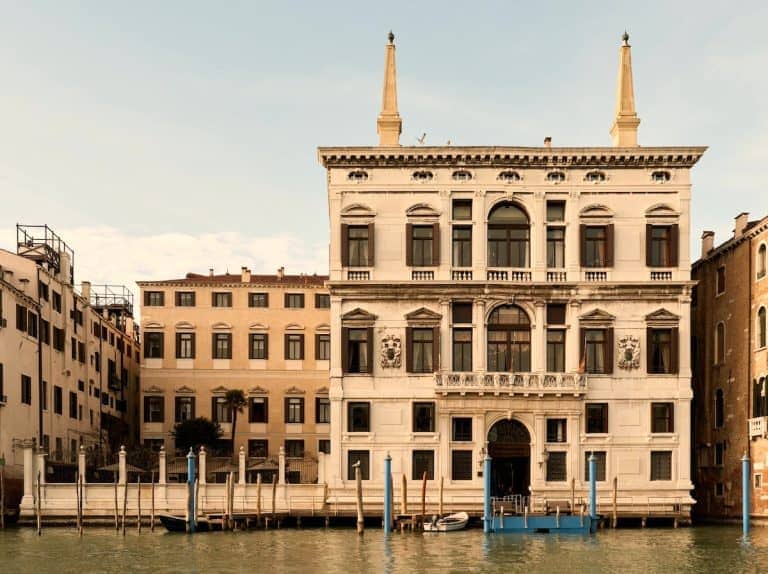 The Michelin Guide awards the best hotels in Italy: Cipriani and Bottura on the podium
The Michelin Guide awards the best hotels in Italy: Cipriani and Bottura on the podium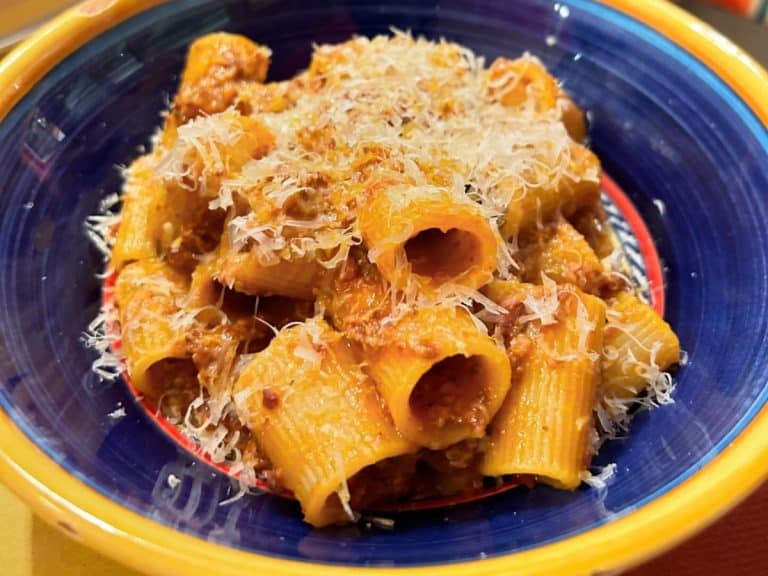 Epic "vignarola" and amazing pork offal beans. From Risulta to Perugia, we devoured everything (with great pleasure)
Epic "vignarola" and amazing pork offal beans. From Risulta to Perugia, we devoured everything (with great pleasure)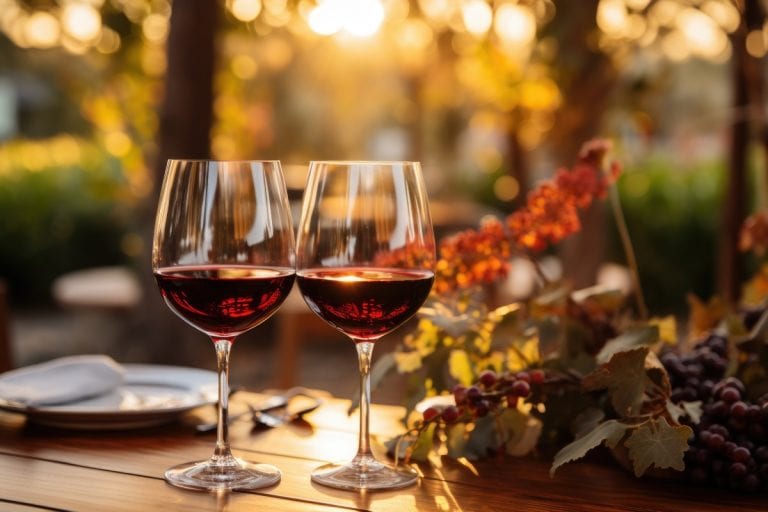 The 8 best wines from Lake Caldaro chosen by Gambero Rosso
The 8 best wines from Lake Caldaro chosen by Gambero Rosso